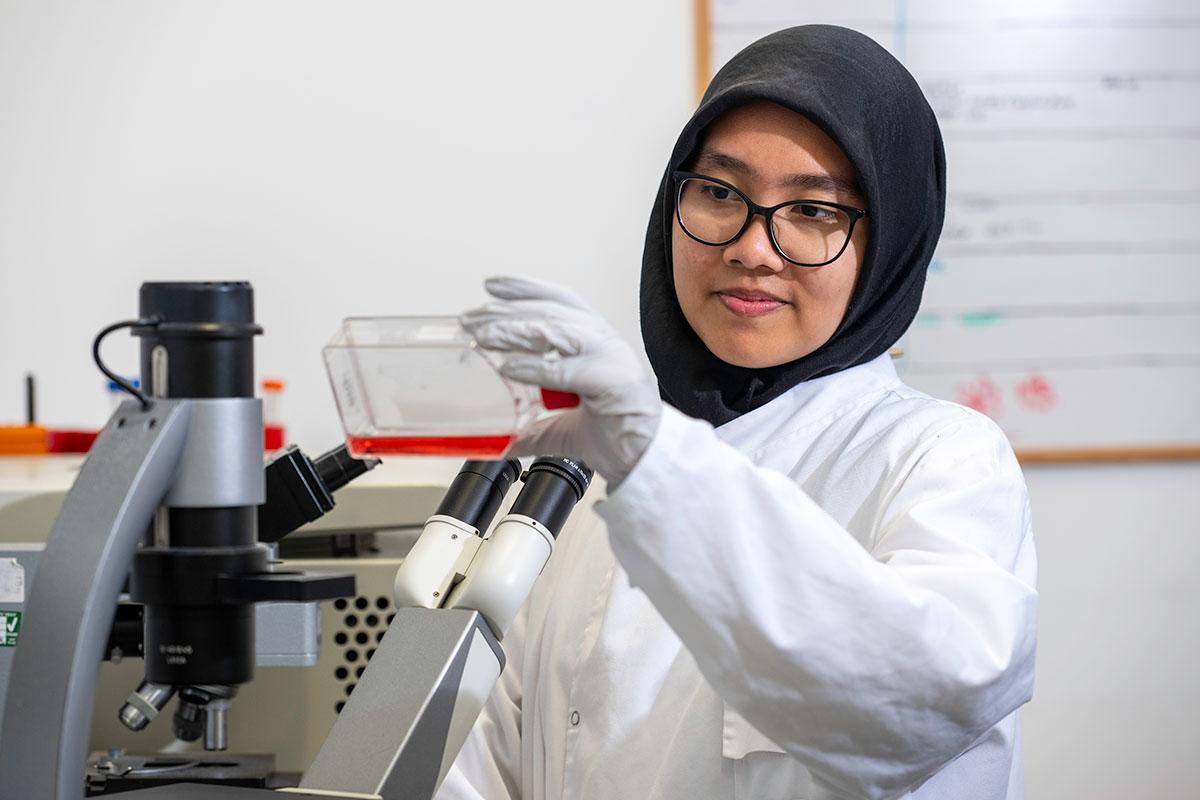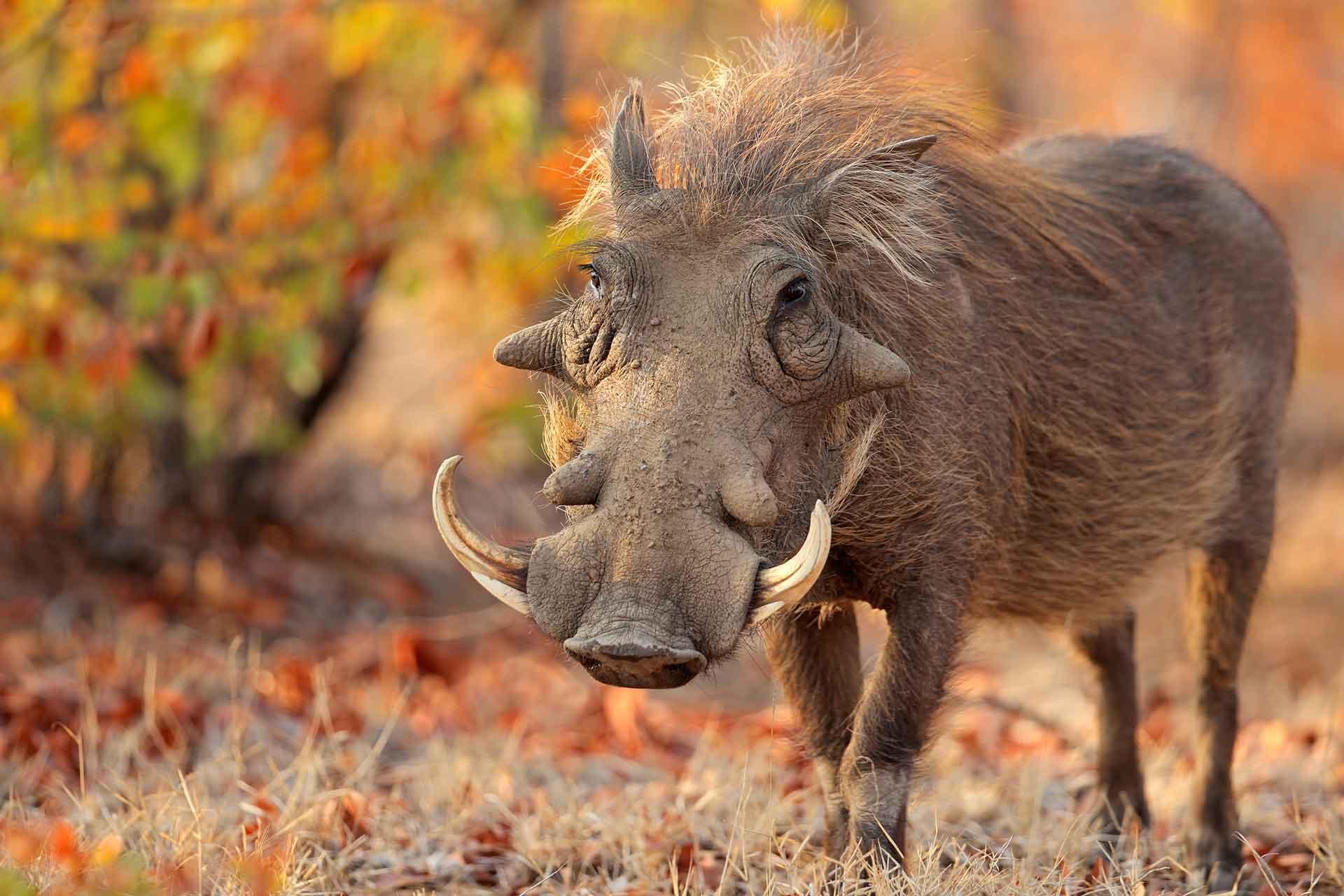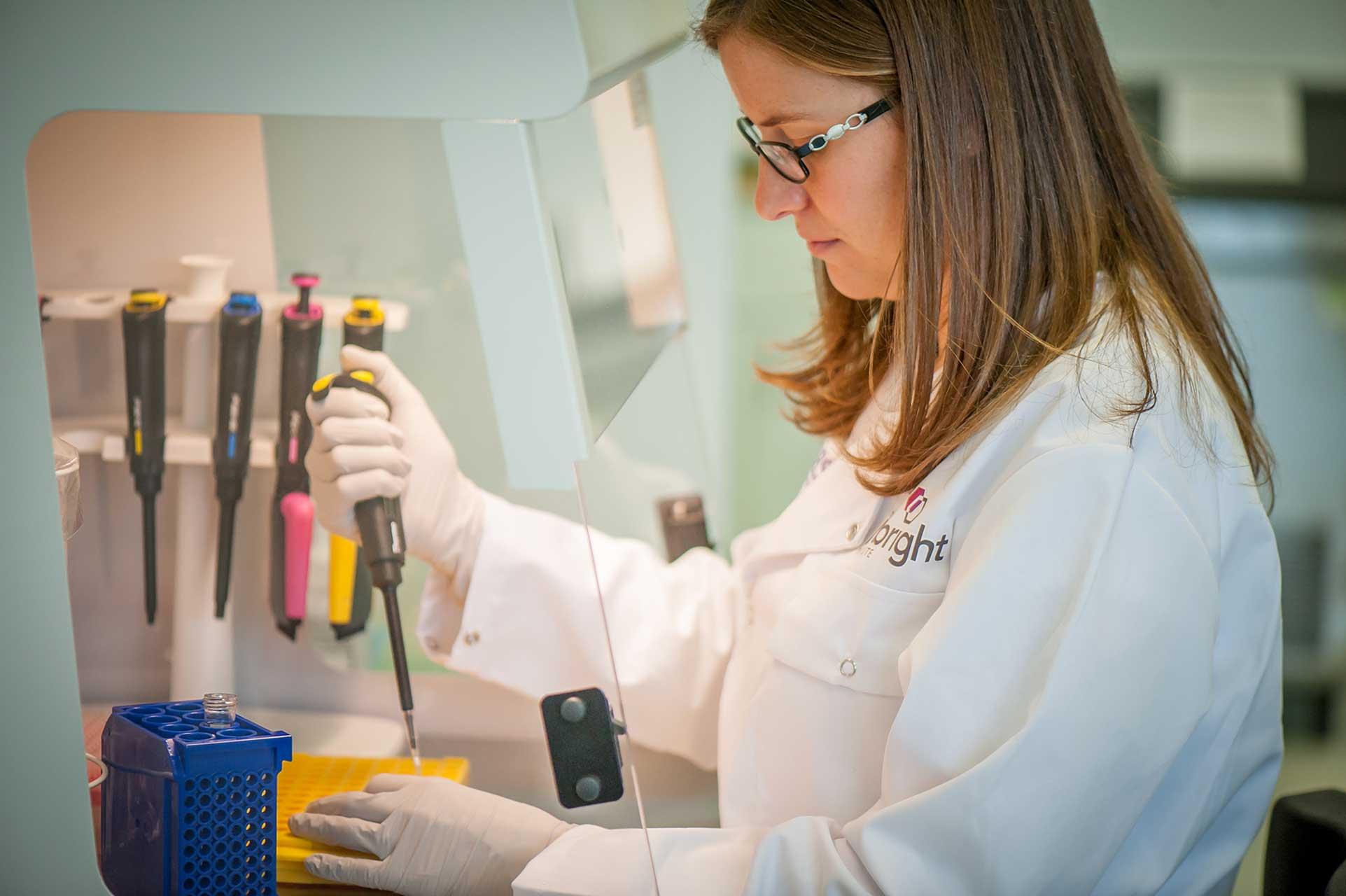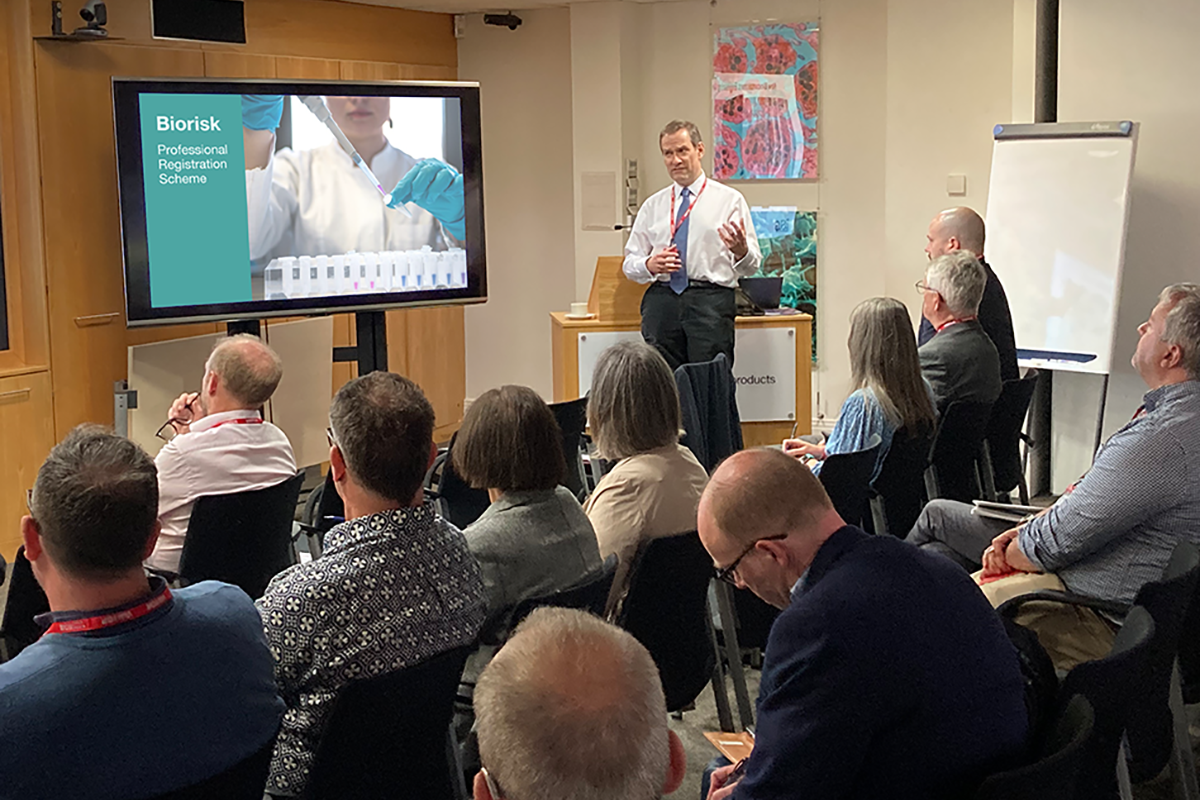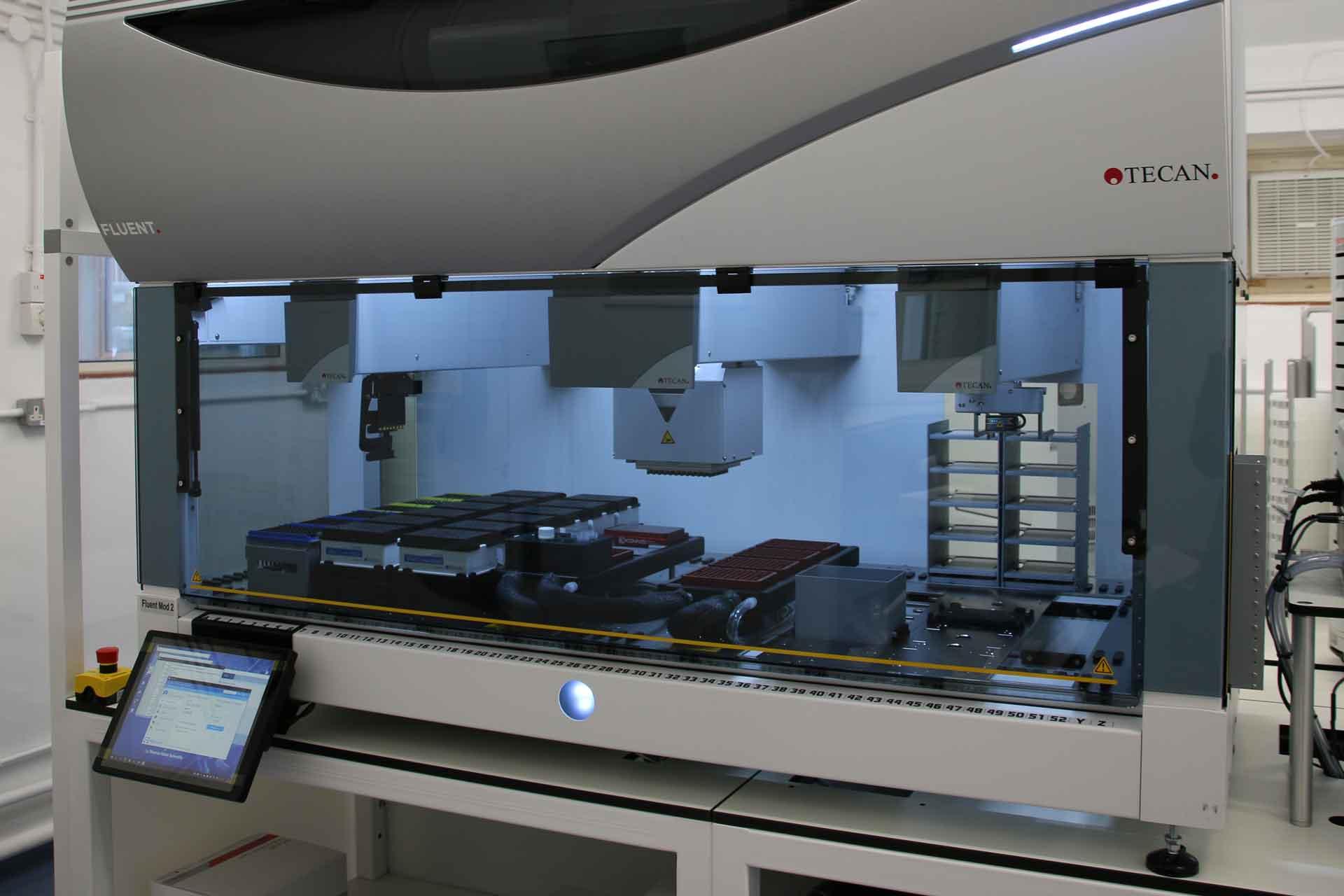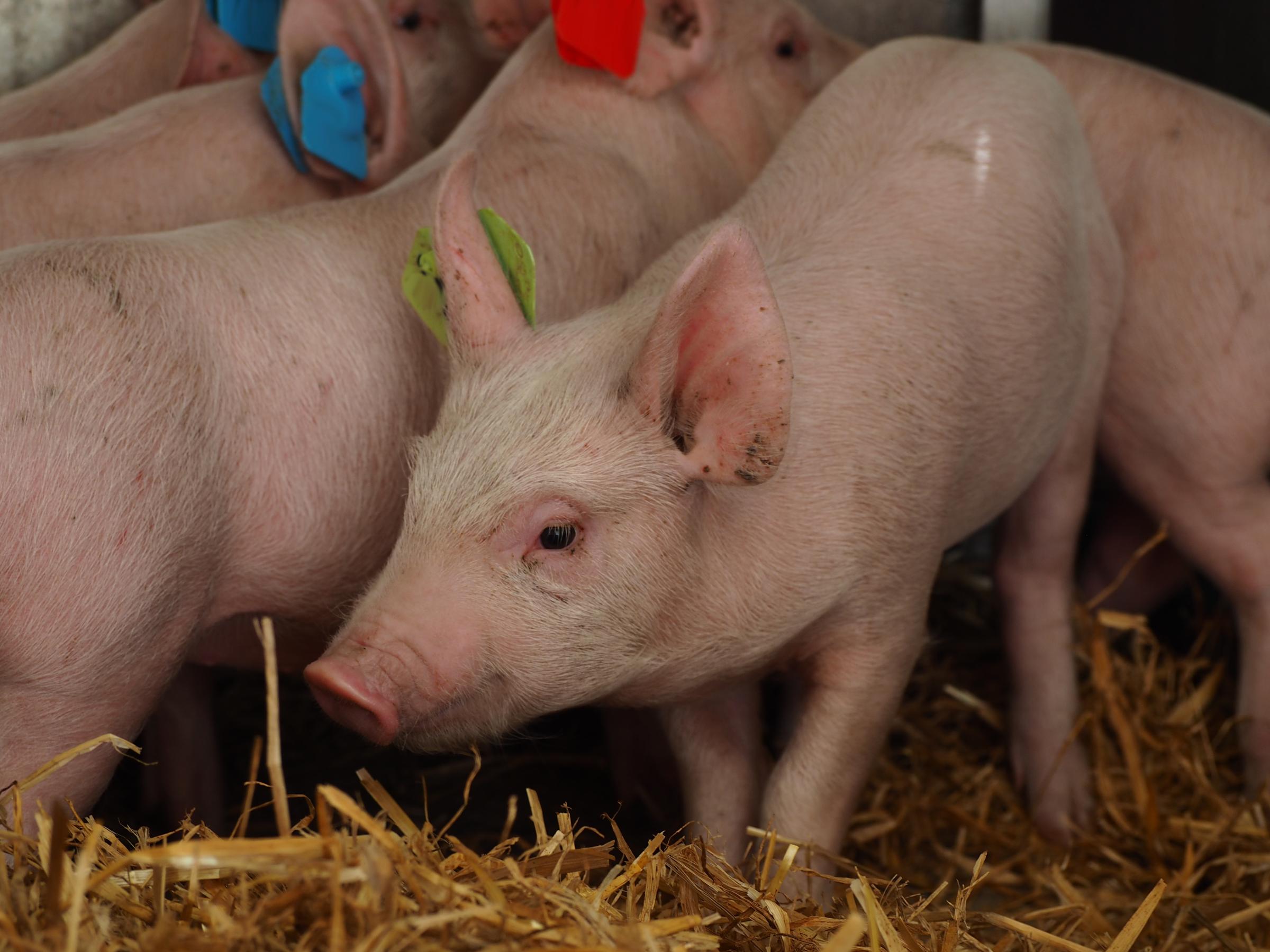The Socio-Economic Impact of The Pirbright Institute
Our mission is to be the world's leading innovative centre for preventing and controlling viral diseases of livestock.
We play a crucial role in protecting UK livestock from viruses that have huge socio-economic impact with a unique combination of fundamental research and applied science in diagnostics and control.
Our Impact
Our impact has been captured in a report, The Socio-Economic Impact of The Pirbright Institute, commissioned by Pirbright and carried out by public policy analysts SQW.
The evaluation shows the Institute:
- Contributes £50m a year to the UK economy
- Produced £471m in Gross Value Added (GVA) economic impact over the past decade
- Supported over 1,000 jobs a year in the UK economy over ten years
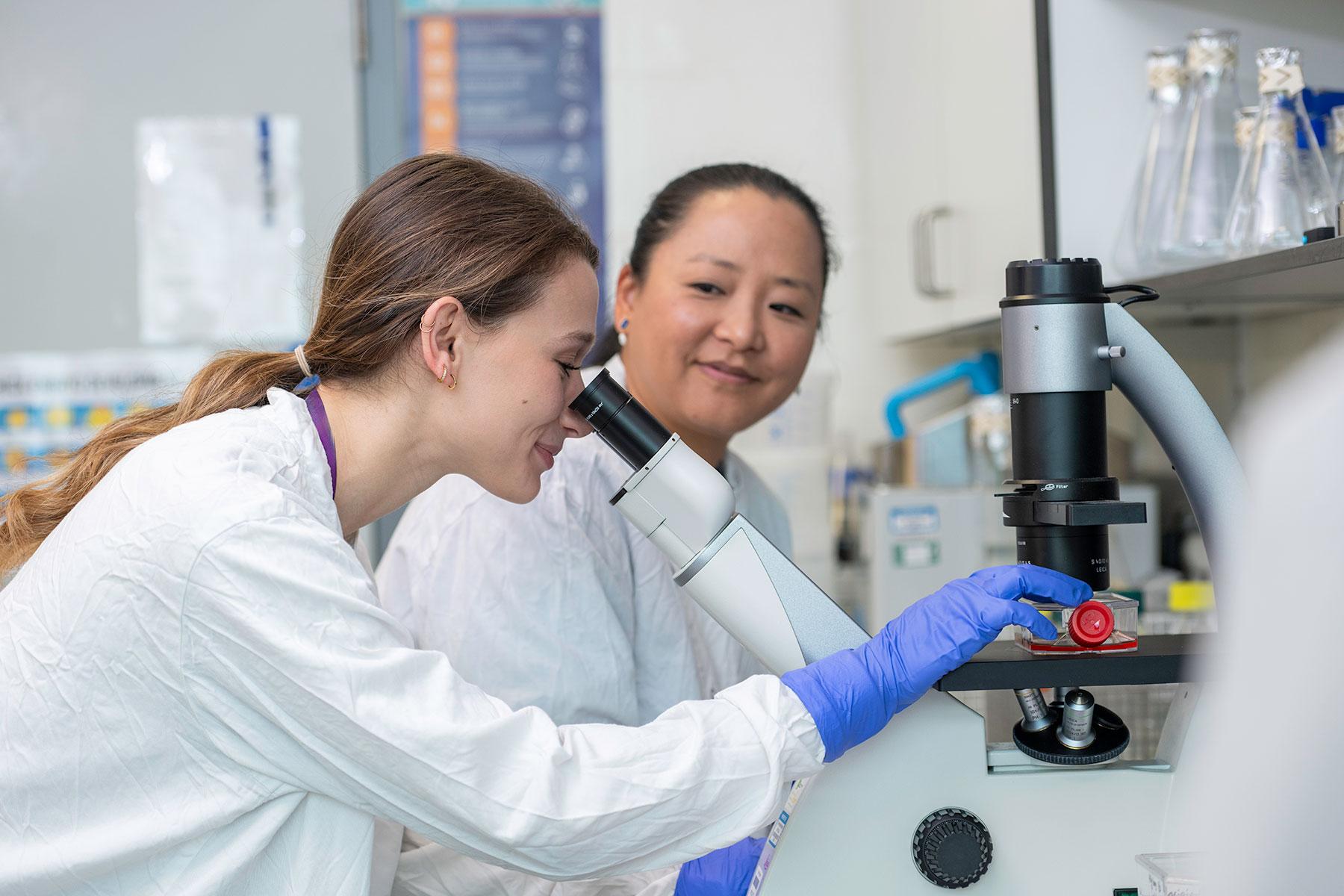
Key Findings
Economic Impact
The Institute generated £471 million GVA to the UK economy over the decade to 2024, averaging £52 million annually. It supported approximately 1,088 full-time equivalent (FTE) jobs per year, including highly skilled scientists, technicians, and professional staff. Investments in infrastructure - the Brooksby Building and the Centre for Veterinary Vaccine Innovation and Manufacturing (CVIM) – has enhanced research capabilities.
Disease Control and Prevention
Pirbright plays a critical role in preventing and controlling viral outbreaks through expert advice, diagnostics, and vaccines for diseases like foot-and-mouth disease (FMD), African swine fever (ASF), bluetongue virus (BTV), and avian influenza. Our work on FMD has helped the UK avoid outbreaks since 2007, saving billions in potential losses. Internationally, Pirbright supports disease eradication, such as the global elimination of Rinderpest.
Livestock Sector Performance
The Institute’s research and surveillance activities protect livestock health, preventing productivity losses and supporting food security. Our work on viruses like Marek’s disease and peste des petits ruminants (PPR) has improved vaccine development and diagnostic tools, benefiting farmers globally.
Research Excellence
Pirbright published over 800 papers in high-impact journals during the period, contributing to the UK’s leadership in bioscience. It secured over 60 competitive funding awards and collaborated with universities and research institutes worldwide.
Skills Development
The Institute fosters talent through PhD programs, internships, and training courses in viral diseases, biosafety, and high containment engineering. It also supports biosafety and engineering excellence, contributing to the development of the Biorisk Professional Registration Scheme.
Global Resilience
Pirbright enhances international capacity to combat viral diseases through partnerships, training, and networks like the International Veterinary Vaccinology Network (IVVN). Its research supports the One Health agenda, addressing the interconnections between animal, human, and environmental health.
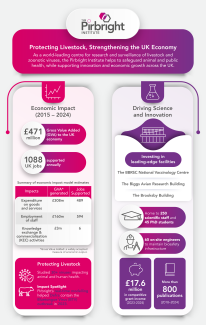
Case Studies
The SQW report includes detailed impact case studies which highlight how Pirbright’s world-class science delivers real-world impact: strengthening biosecurity, improving global food security, advancing vaccines, and supporting the UK’s response to health emergencies.
To view these in summary, and other examples of our impact, visit our impact case studies.
